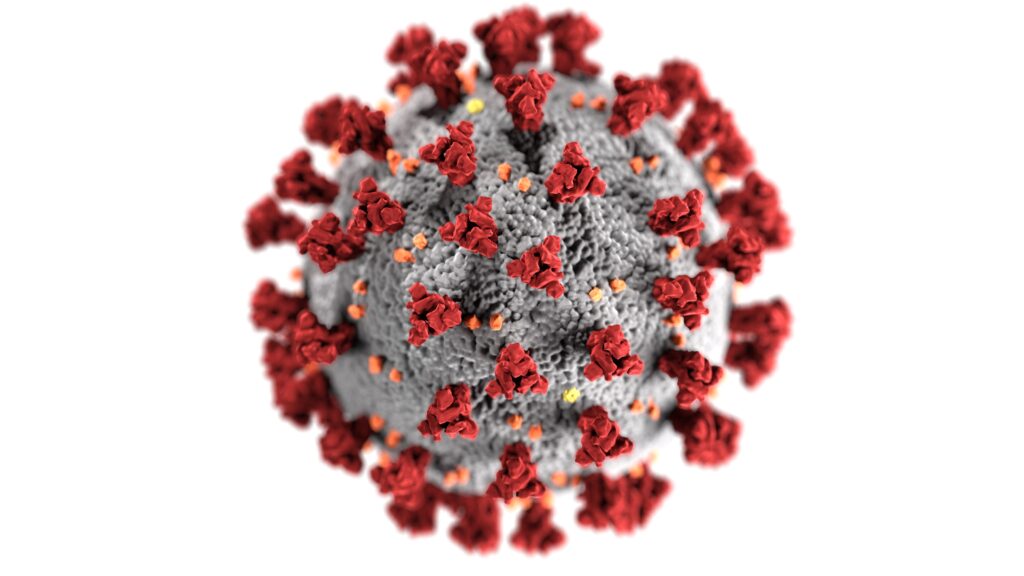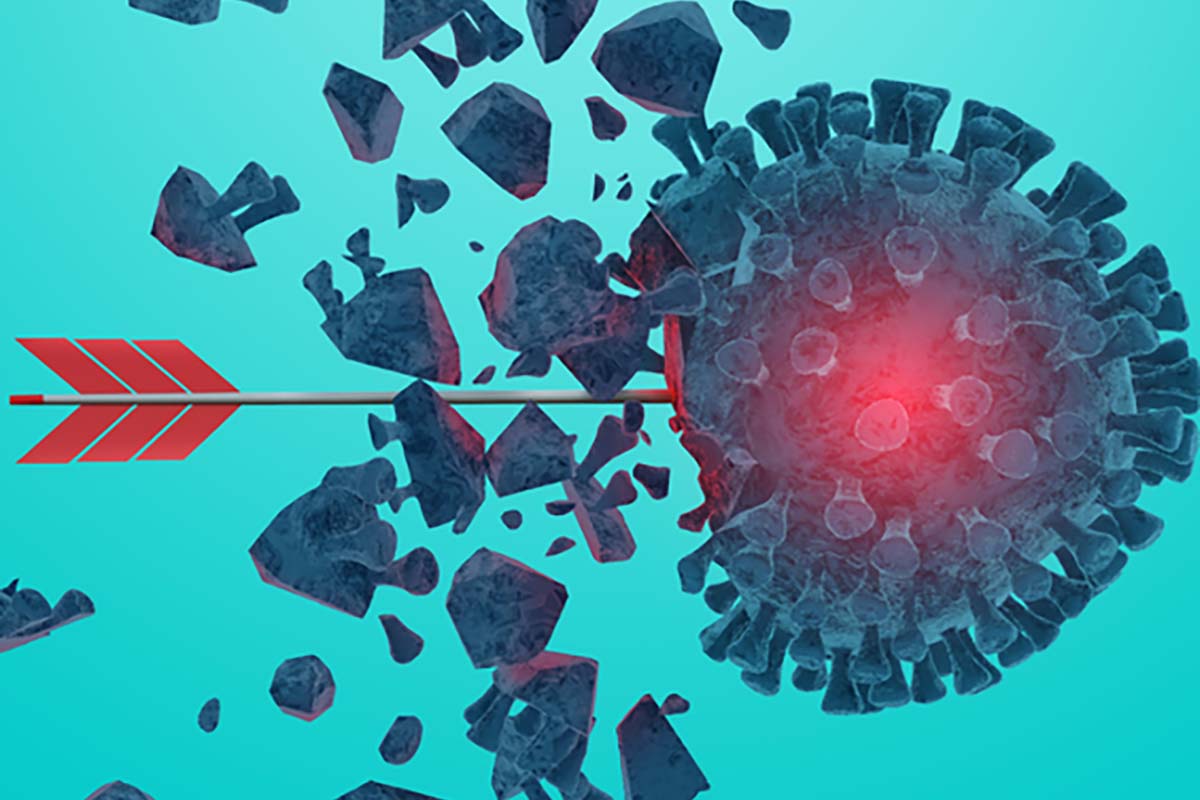Scientists of the Sanford Burnham Prebys have identified a set of human genes that fight infection with SARS-CoV-2, the virus that causes the COVID-19.
Knowing which genes help control viral infection can greatly help researchers understand the factors that influence disease severity and also suggest possible treatment options.
The study was published in the Molecular Cell magazine.
Genetic factors
The genes in question are related to interferon, the frontline fighters of the body's viruses.
“We wanted to gain a better understanding of the cellular response to SARS-CoV-2, including what drives a strong or weak response to infection,” he says Sumit K. Chanda, Ph.D., professor and director of the Immunity and Pathogenesis Program at Sanford Burnham Prebys and lead author of the study.

We have gained new insights into how the virus exploits the human cells it invades, but we are still searching for its Achilles' heel so we can develop optimal antivirals.
The list of villains
Soon after the pandemic began, doctors discovered that a weak interferon response to SARS-CoV-2 infection resulted in some of the most severe cases of COVID-19. This knowledge led Chanda and his collaborators to search for human interferon-stimulated genes (ISGs), which act to limit SARS-CoV-2 infection.
“We found that 65 ISGs controlled SARS-CoV-2 infection, including some that inhibited the ability of the virus to enter cells, some that suppressed the production of RNA (which is the lifeblood of the virus), and a group of genes that inhibited the assembly of the virus,” Chanda says. “What was also of great interest was that some of the ISGs also showed control of unrelated viruses, such as seasonal influenza, West Nile and HIV, which leads to AIDS.”

A weapon against infection
“We identified eight ISG genes that inhibited the replication of SARS-CoV-1 and CoV-2 in the subcellular compartment responsible for protein packaging. This suggests that this vulnerable site could be exploited to eliminate the viral infection,” he says Laura Martin-Sancho, first author of this study. “This is important information, but we still need to know more about the biology of the virus and investigate whether genetic variability within these ISGs correlates with the severity of COVID-19.”
As a next step, researchers will examine the biology of SARS-CoV-2 variants that continue to evolve and threaten the effectiveness of vaccines.
“It is vitally important not to relax research efforts now that vaccines are helping to control the pandemic,” concludes Chanda. “We have come so far, so soon thanks to investment in research. Our continued efforts will be especially important when, not if, another viral outbreak will occur".


